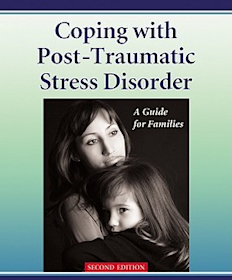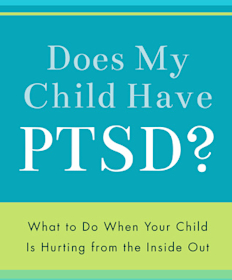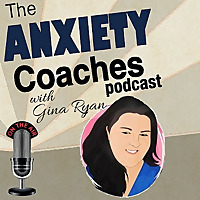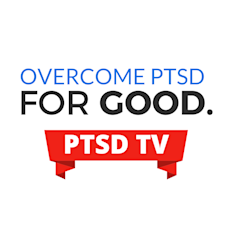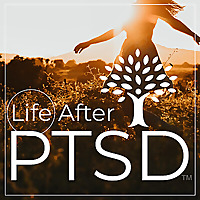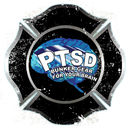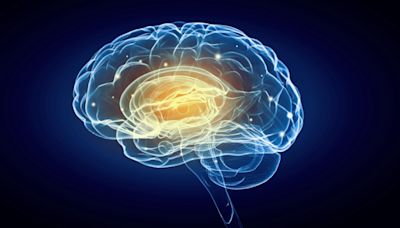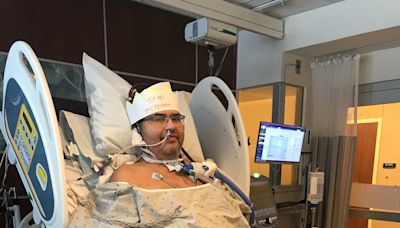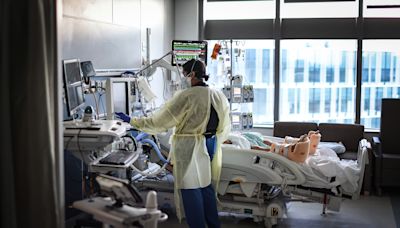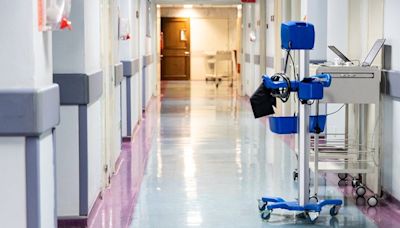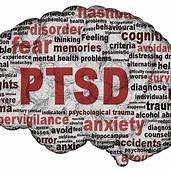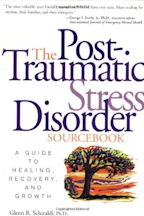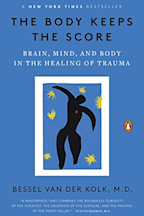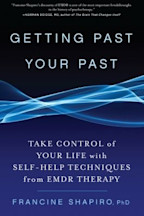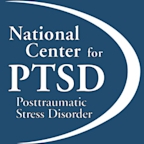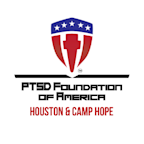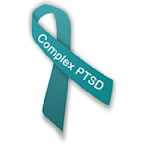Search results
Find the right therapist for you.
Powered by

You will be redirected to a third party site for results, which are provided for informational purposes only. Yahoo does not retain any information submitted via this form, and does not endorse or recommend any particular services or therapists.
- Books for Family & Caregivers
- Podcasts
- Text HOME to 741741 to reach a trained Crisis Counselor through Crisis Text Line, a global not-for-profit organization. Free, 24/7, confidential.
Coping with PTSD and Support Resources
Veterans Battling PTSD
COVID-19 Pandemic and its Impact on PTSD
PTSD and Celebrity Struggles
People also ask
What is post traumatic stress disorder (PTSD)?
Can post traumatic stress disorder be treated?
When do post traumatic stress disorder symptoms start?
Dec 13, 2022 · Learn about the symptoms, causes, diagnosis and treatment of PTSD, a mental health condition triggered by a terrifying event. Find out how PTSD can affect your life and what you can do to prevent or cope with it.
Learn about post-traumatic stress disorder (PTSD), a mental health condition that develops in some people who have experienced a shocking, scary, or dangerous event. Find out the signs, symptoms, risk factors, and treatments of PTSD from the NIMH.
PTSD is a psychiatric disorder that may occur in people who have experienced or witnessed a traumatic event. Learn about the symptoms, diagnosis, causes and treatment options for PTSD, such as psychotherapy and medication.
Learn about PTSD, a psychiatric disorder that can occur in people who have experienced or witnessed a traumatic event, and its symptoms, risk factors, treatment options, and expert Q&A. Find out more about the causes, diagnosis, and effects of PTSD, as well as how to help someone who has it.
Jan 2, 2024 · Posttraumatic stress disorder (PTSD) is a mental health problem. PTSD can only develop after you go through or see a life-threatening event. It's normal to have stress reactions to these types of events, and most people start to feel better after a few weeks.
Posttraumatic stress disorder (PTSD) is a disabling disorder that develops after exposure to a traumatic event. It is characterized by intrusive thoughts, nightmares, and flashbacks; avoidance of reminders of the trauma; negative cognitions and mood; hypervigilance and sleep disturbance. Diagnosis is based on clinical criteria.
